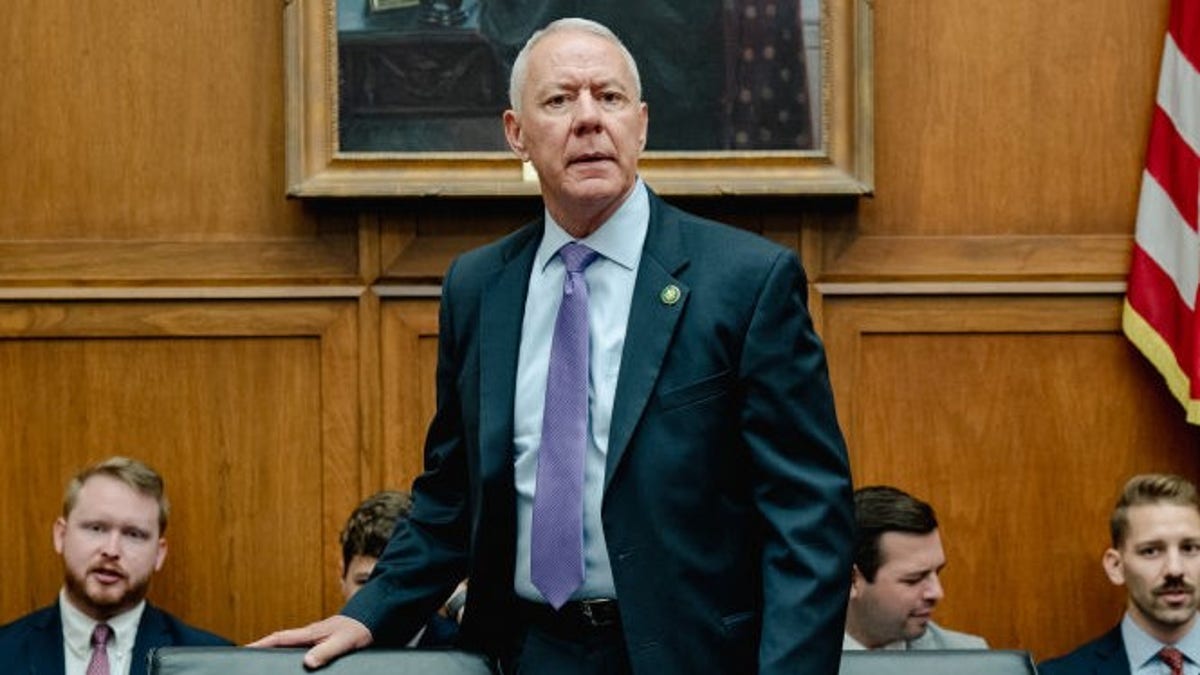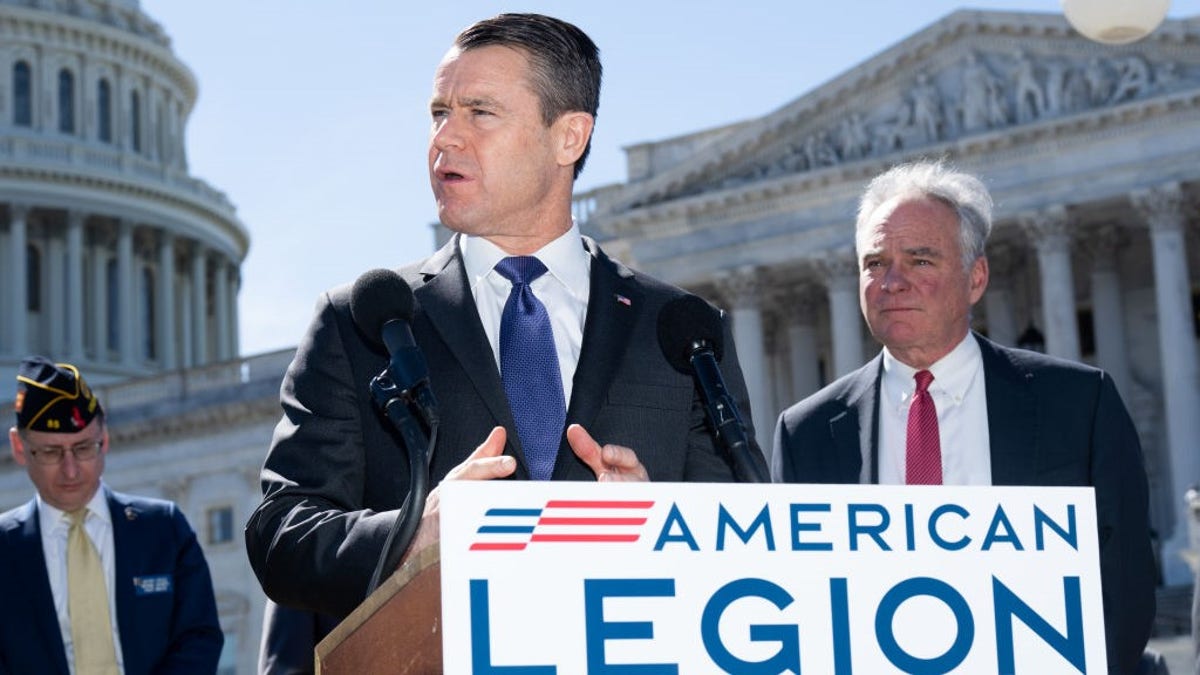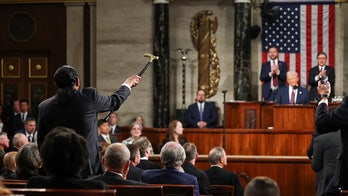Griff Jenkins talks with US Marine who saved his life during Iraq War
Retired Marine Corps Sgt. Amanda Hoenes talks with Fox News’ Griff Jenkins, reflecting on the moment she saved his life on a helicopter in Iraq.
The U.S. may finally see an end to its "forever wars" before the year is over, said Rep. Ken Buck, R-Colo., one of several lawmakers working to kill decades-old war authorizations that have let presidents mount operations all over the world without the express approval of Congress.
"Congress has a constitutional duty to oversee the War Powers and the executive branch's administration of our use of military force," Buck told Fox News Digital. He called the current situation a "broken system."
An authorization for use of military force (AUMF) is a joint act by the House and Senate and signed by the president that gives the armed forces permission to act within a particular scope. There are currently four outstanding AUMFs — one for the Middle East from 1957, two related to Iraq from 1991 and 2002, and a much broader AUMF related to the Sept. 11 terror attacks from 2001.
The Senate passed a repeal of the 1991 and 2002 AUMFs this year, but Buck was chosen by Foreign Affairs Chair Michael McCaul, R-Texas, with finding a route to compromise on a repeal of all four.

Rep. Ken Buck, R-Colo., is tasked with shepherding House lawmakers to a compromise aimed at repealing all four active authorizations for use of military force.
"I think the charge from Chairman McCaul is very simple. He wants to repeal the four AUMFs that are in place, he wants to have a new authorization in place, and he wants it to be bipartisan, bicameral and have administrative buy-in," Buck said. "It could be very complicated. It also hopefully will not be."
It’s a monumental task for the narrow House GOP minority to accomplish while lawmakers also work to pass 12 spending bills by Sept. 30 along with reauthorizations for other programs. But Buck said he was "fairly confident" it could get done by the end of the year.
COTTON ACCUSES PENTAGON OF ‘CONSCIOUS DECISION’ TO WITHHOLD INFO FROM CONGRESS TO INFLUENCE VOTE
"I'm fairly confident because the alternative is that the administration continues using the 2001 AUMF. I would say that there's 90% of the House that doesn't think that's a good idea," Buck said. "That is a broken system. And I think people will understand that."

Sen. Todd Young, R-Ind., left, and Sen. Tim Kaine, D-Va., led the Senate in repealing the 1991 and 2002 AUMFs this year.
The 2001 AUMF has received added scrutiny for its wide scope. It’s been used by every administration since George W. Bush to conduct operations in the Middle East, Africa and even Eastern Europe. Buck himself co-sponsored a bill last month to repeal the 2001 AUMF, declaring, "No more forever wars!"
But others argue that ending it without a plan in place could leave the U.S. hindered when a quick response to a threat is needed. Lawmakers working on the repeal hope some sort of single replacement for all four AUMFs could ease those concerns.
SEN HAWLEY CALLS FOR 'TOUGH, TENACIOUS' INSPECTOR GENERAL TO OVERSEE UKRAINE AID
Another key for lawmakers like Buck who are worried about unending conflicts is the inclusion of a sunset date, which will make sure the next authorization can't stretch out for decades.
"The fact that we will have a sunset in this bill, I believe that we will get more support for it because there's this opportunity to come back and revisit this every four years, five years, whatever the sunset term is," he said.

The controversial 2001 AUMF was signed by then-President George W. Bush after the Sept. 11 terror attacks.
Buck told Fox News Digital he would spend the August recess on a variety of Zoom and telephone calls with both Republicans and Democrats while trying to also schedule classified sessions to figure out the best path forward.
CLICK HERE FOR THE FOX NEWS APP
Buck said he was optimistic that President Biden and Vice President Kamala Harris will be able to support the bill in part because both of them previously served in Congress.
"I think they will be receptive. You know, both the president and vice president served in the Senate. I think they understand that the 2001 AUMF is not meant to cover the areas it’s covering now," Buck said. "So, while they will protect executive power, I think at the same time, they recognize that Congress needs to move on this issue."














































